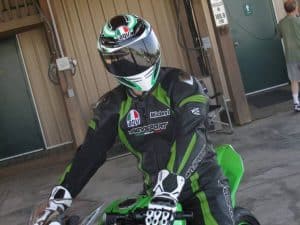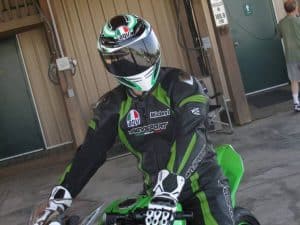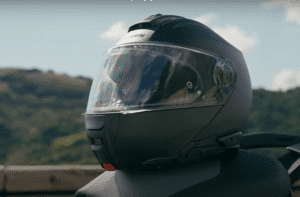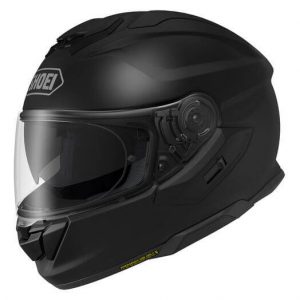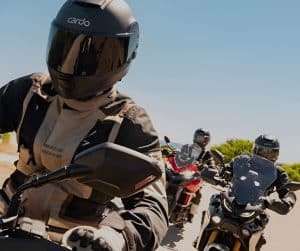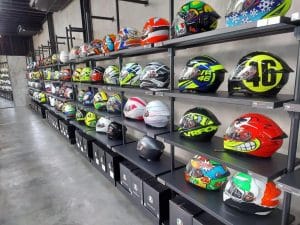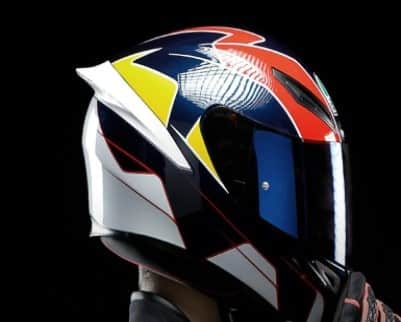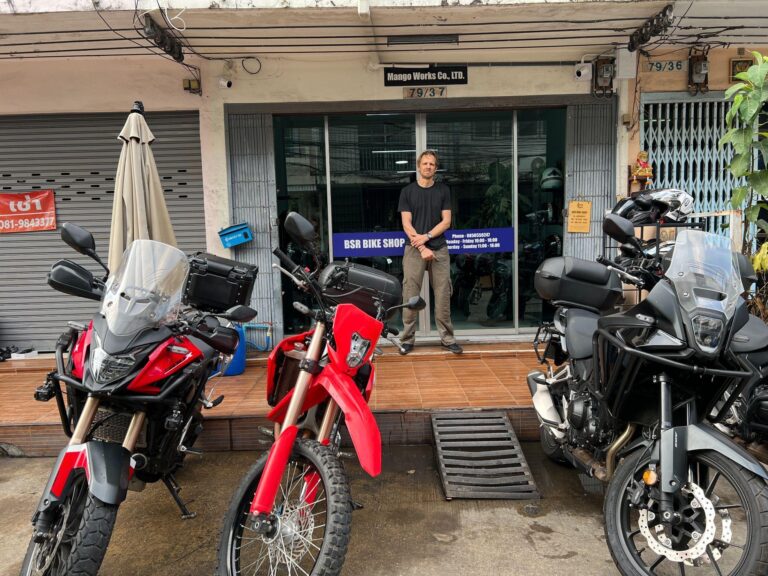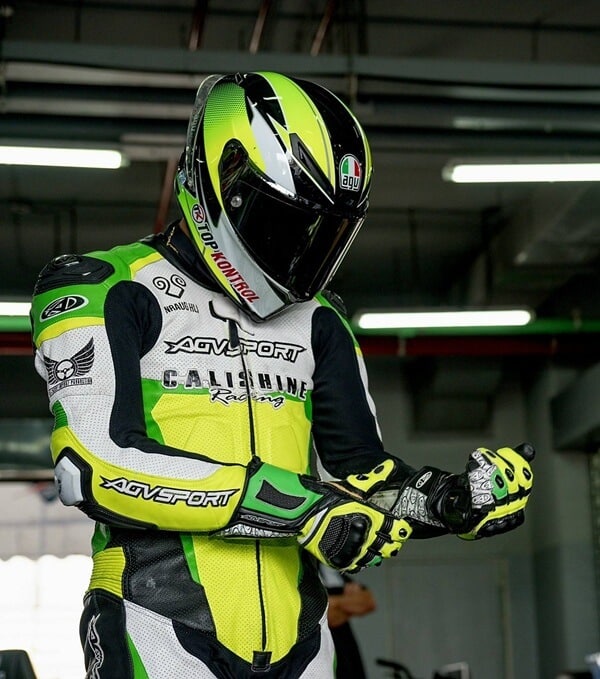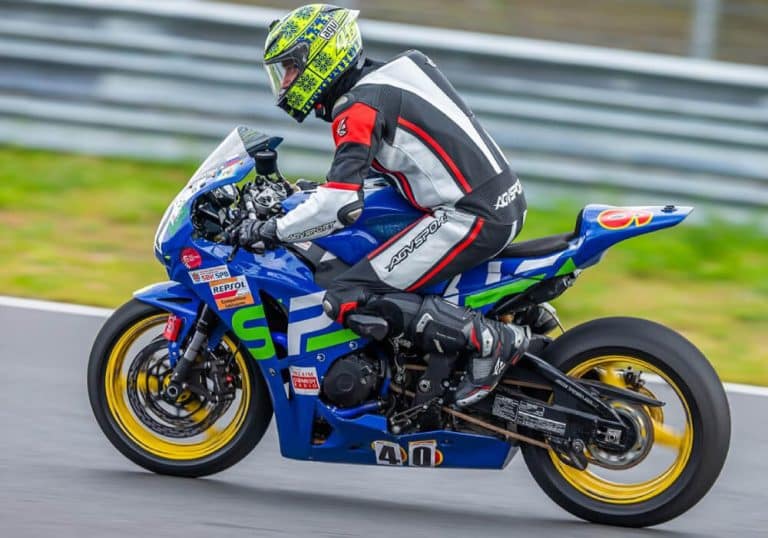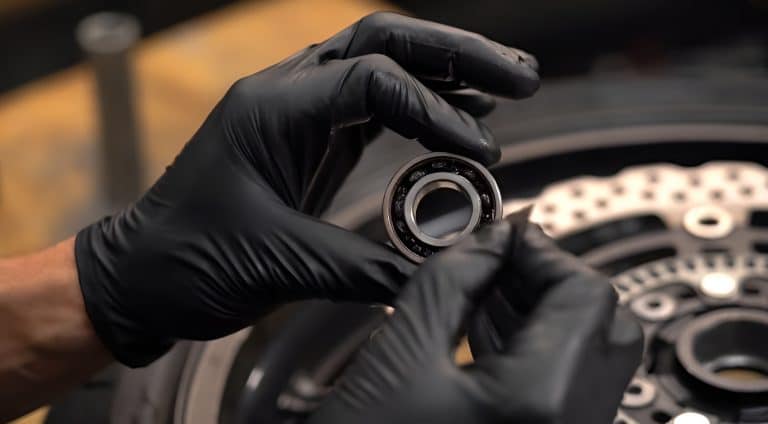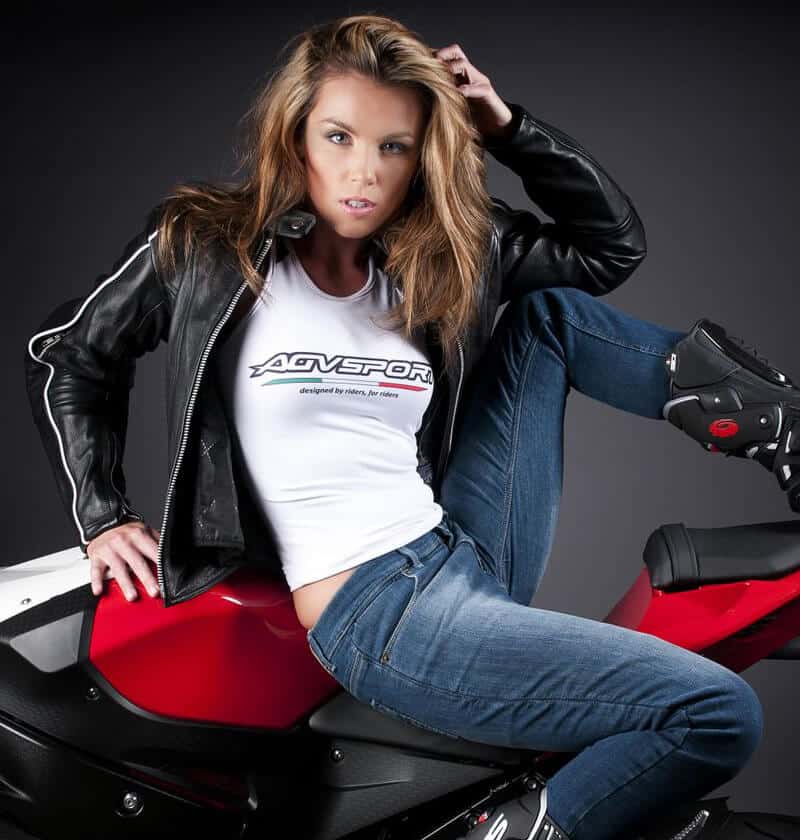Sport bikes, with their captivating blend of speed and exhilaration, effortlessly captivate our hearts and minds. The thrill of accelerating on an open road, the gentle caress of the wind against our skin, and the pure joy of the ride—all achievable without breaking the bank. In contemporary times, these bikes feature cutting-edge rider aids, significantly enhancing safety and accessibility for riders of all skill levels. Yet, amid this pursuit of excitement, a prevalent challenge emerges: the discomfort associated with sport bikes.
The cramped and compact riding position of a sportbike often leads to wrist pain or a sore back, posing a common issue whether you’re a beginner or transitioning from standard motorcycles. Making adjustments is key—getting used to how the bike responds, managing the clutch, and staying aware while handling its power and size.
And here’s where my pro tips come in. Today, I’ll be sharing practical advice to make your sportbike ride more enjoyable for everyday commuting, highway cruises, lane splitting, cornering, and more—excluding those focused on track riding. But first,
The 8 Must-Haves for Sportbike Riders
| Product Name | Category | Get Yours |
| AGV K6 | Best Helmet | RevZilla | MotoSport | Amazon |
| HelmetLok II | Best Helmet Lock | RevZilla | MotoSport | Amazon |
| Trackside Rear Paddock Stand | Best Rear Stand | RevZilla | CyleGear | J&P Cycles |
| Nelson Rigg Deluxe All Season | Best Cover | RevZilla | MotoSport | Amazon |
| AstroAI Digital Tire Inflator | Best Tire Pressure Gauge | Amazon |
| Noco Genius1 | Best Battery Charger | Amazon |
| Stockton Roadside Tool Kit | Best Tool Kit | RevZilla | CycleGear | J&P Cycles |
| Oxford Heaterz Premium | Best Heated Grips | RevZilla | Amazon |
8 Pro Tips on How to Make a Sportbike More Comfortable

While it’s true that sport bikes offer a unique riding experience, it’s essential to acknowledge that they might not be the ideal choice for everyone. Factors like posture, weight, and existing chronic pain can significantly impact comfort on a sportbike. In such cases, even with the best tips and adjustments, achieving comfort may remain a challenge.
Having immersed myself in the world of sportbikes since the early 1970s, my journey began with an Italian Malaguti and a Spanish Derbi in 1972, navigating the scenic roads of France. Over the years, I have progressed through iconic machines—from the nimble Kawasaki Ninja 400 and Yamaha MT 07 to the high-performance Honda CBR600, Yamaha R1, and BMW S1000RR on the American tarmac. Evident from these diverse classes, ranging from 400cc, 600cc to 1,000cc, my nearly 50 years of riding have yielded insights that extend beyond conventional tips.
And when it comes to to making your sportbike ride more comfortable, considering that only a few parts of your body make contact with the motorcycle—your hands, your butt, and your feet—these are the strategies I have found to be most effective:
1. Safety First, Gear Up!
I will start with the utmost priority—safety—because, well, we all know the road can be unpredictable. Even if you’re a seasoned rider, gearing up is a non-negotiable. Think of it as your armor against the unknown. Not only does it contribute to your comfort levels, but it also provides an overall sense of peace of mind.
High speeds, flying debris—your face doesn’t need a surprise encounter with that, right? Invest in a top-notch full-face helmet like the AGV K6, throw on some quality leather gloves, protective boots, and reinforced jeans that incorporate Dyneema or Kevlar like, say, the AGVSPORT’s Protective Armor CE Level 2 Super Alloy Jeans or the Project 7’s Pro Adventure Cargo Travel Pants (see image below) for those long rides.

And of course, wrap yourself in a high-quality leather motorcycle jacket—check out the AGVSPORT’s Ascari Perforated Leather Jacket. You’ll thank yourself in case things get a bit hairy out there.
2. Getting Cozy with Your Seat
Now that you’re geared up, focus optimizing your comfort on your bike. Unlike your grandma’s couch, your sport bike’s seat has a few more tricks up its sleeve. Take a moment before you hit the road to do a little seat dance. Move around, find those sweet spots, and make friends with your seat. Trust me, it’s like finding the perfect groove for your ride.
3. Feet, Balls, and Control
Speaking of grooves, ever thought about where you place your feet? Balls of your feet on the front pegs, my friend. It’s not just a cool stance—it’s about control. You get more leverage, and it keeps those knees up, especially when you’re gripping the tank with your knees during the ride.
Solid move for control and style points.

4. Hug that Tank with Your Knees
Not your lover’s warm and fuzzy kind, but the tank-hugging kind. Sport bikes are cool like that; they’ve got tanks shaped for you to grip with your knees, particularly during maneuvers like braking or cornering. Sure, it might feel like a workout for your thighs at first, but trust me, it gets easier.
Just don’t go Hulk-style on it; a gentle hug will do the trick.
5. Shoulders Back, Breathe Easy
Remember those weightlifters who always keep their shoulders back? Well, you’re about to join the club. Shoulders back isn’t just for the gym; it’s your go-to move on your bike too. Arms get a wide range of motion, your back stays straight, and hey, breathing becomes a breeze. It’s like yoga on two wheels, minus the downward dog.
6. Core Strength for the Win
The core strength is your secret weapon for those long rides. A strong core keeps your spine aligned, saving you from that annoying lower back pain. Weightlifting, powerlifting, yoga, kettlebell swings—pick your poison. Oh, and for those epic road trips, maybe throw in a tank bag for a cozy core break.
Your abs will thank you later.
7. Elbows In, Wind Out

Elbows, they’re not just for looking cool; they’re your sidekicks in controlling your beast. Keep them flexed, close to your center. Why? Well, it protects your joints from unnecessary pressure, reduces wind drag, and hey, you’re in control. Who doesn’t want that?
8. Easy on the Handlebars
Now that you’re a pro at everything I’ve thrown your way, think handlebars. Loosen that grip. Seriously, gripping your handlebars like you’re in a wrestling match? Not cool. It strains your wrists, could numb your hands, and in the long run, might even damage your wrists due to sustained pressure and vibrations from the motorcycle.
So, ease up a bit!
Common Slip-Ups to Avoid When Riding a Sportbike

- No Elbow Locking: Forget about locking those elbows; it’s a one-way ticket to wrist pain.
- Maintain Proper Shoulder Posture: Hunched forward compromises comfort and safety, so keep your shoulders back.
- Adapt Riding Positions: The full tuck looks cool, but it’s not a one-size-fits-all deal. Adjust your posture based on the riding scenario, sitting up during braking or adjusting your torso during turns.
Beyond the Comfort: Pro Tips for Sportbike Mastery

I’ve covered the comfy stuff, but mastering your sport bike is like peeling an onion—layers upon layers. Here are some bonus tips to make you the grandmaster of your two-wheeled kingdom:
- Balancing Act: Get to know your bike’s weight and how it shifts. Ever tried balancing it upright while walking around? It’s like a dance, and the trick is keeping it upright. Pro tip: get friendly with your bike’s center of mass.
- Pulling Away Like a Pro: Sport bikes mean serious business, so no need for excessive throttle drama. A gradual clutch release and you’re off, even without full-throttle heroics. It’s like pulling away with purpose.
- Gearing Up Smoothly: Shifting gears on a sport bike, say a Suzuki GSX-R1000 or a Honda CBR1000RR, is smoother than a jazz tune. Practice shifting on a stand, and soon you’ll be doing it without a second thought—no need to glance down.
- Turns and Twists: Steering a sport bike, like a Suzuki Hayabusa or a Yamaha YZF-R6, might feel like a dance at first. That fixed dash? It’s a game-changer, but once you get the hang of it, turning becomes second nature. Embrace the learning curve, and soon you’ll be taking those turns like a pro.
- Stop Like a Boss: Bringing your beast to a stop is the grand finale. Know your bike’s weight, center of gravity, and the art of braking. Roads can throw surprises; practice braking until it’s second nature. Safety first, always!
In the grand scheme of things, mastering your sport bike is an ongoing journey. Incorporate these tips into your routine, let them become second nature, and soon you’ll be cruising with the best of them. Here’s to the open road and the wind in your hair—ride on!
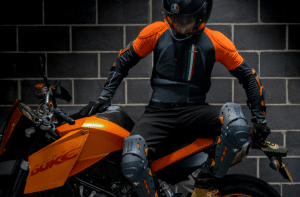 I've diligently categorized my motorcycle gear recommendations into all available categories, with the aim of providing you with a comprehensive analysis that showcases the absolute best options for all your needs. These items are the culmination of in-depth research, extensive testing, and personal use throughout my vast experience of 50+ years in the world of motorcycling. Besides being a passionate rider, I've held leadership positions and offered consultancy services to reputable companies in over 25 countries. To See Top Picks and the Best Prices & Places to Buy: Click Here! |
FAQs — I Have the Answers!
Q: Is Riding a Sportbike Uncomfortable?
Yes, riding a sportbike is uncomfortable due to the cramped and compact riding position, often leading to wrist pain or a sore back, which is a common issue for both beginners and seasoned riders transitioning from standard motorcycles.
Q: Is It Hard to Ride a Sportbike?
Yes, riding a sportbike is hard as it requires leaning onto the handlebars for a grip, and with higher footpegs, the body position tends to shift forward, placing the weight over the tank.
Q: Can You Make a Sportbike More Comfortable?
Yes, you can make a sportbike more comfortable with aftermarket handlebars, raise them for a better fit, add new brake and clutch components, and enhance your seat with thicker foam or a gel option. Consider adjustable aftermarket rearsets for maximum comfort and ride satisfaction.
Q: What Is the Most Comfortable Riding Position Sportbike?
The most comfortable riding position on a sportbike involves sitting upright and leaning forward slightly at a 5-degree angle. Ensure your hands are positioned lower than your elbows, and bend your knees to around 100 degrees. This posture minimizes strain on the joints and promotes better blood circulation.
Information for this article was partially sourced and researched from the following authoritative government, educational, corporate, and non-profit organizations:
LPP/A

